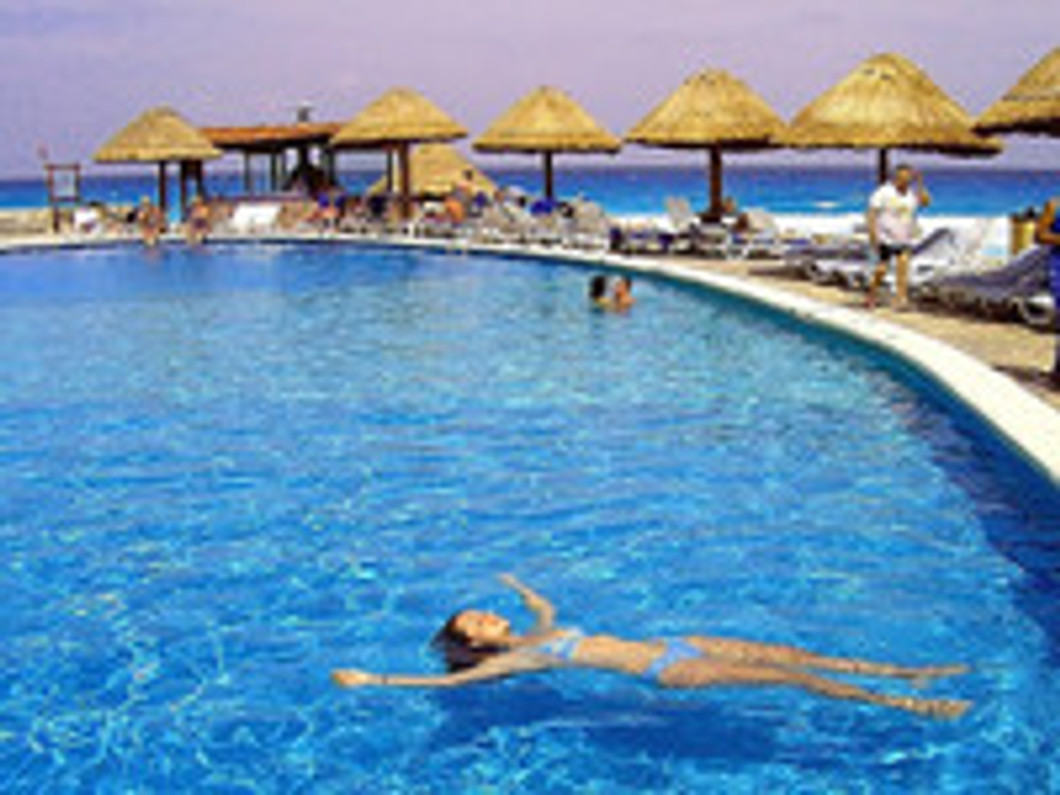CDC Warns Parents of Exposure To Swimming Pool Chemicals
With Memorial Day right around the corner, millions of children will be jumping in their swimming pools to cool off and escape the heat. There's nothing quite as refreshing as taking a dip in the pool on a hot day. However, the U.S. Centers For Disease Control and Prevention has a warning to parents: adding the wrong amount and/or type of chemicals to a swimming pool can result in injury to anyone swims inside it.
According to a report published by the CDC, there were approximately 5,000 emergency room visits caused by pool chemical exposure in 2012, nearly half of which involved children. Children are more vulnerable to chemical exposure due to their smaller bodies and still-developing systems.
Another interesting note from the CDC is that the summer swim season -- from Memorial Day to Labor Day -- saw the highest rate of pool chemical injuries. This is the time of year when children are eager to jump in the pool and enjoy their much-needed summer vacation. And with Memorial Day fast approaching, we'll likely see more cases of pool chemical injuries.
Chemicals are necessary to kill the potentially harmful bacteria germs lingering inside swimming pools. Without chlorine and other chemicals, swimming pools would be a haven for vector-borne disease and illness, placing the health and well-being of swimmers at risk. But these same chemicals that are designed to protect the health of swimmers can also make them ill. If the wrong chemicals are added, or if they are added in the wrong quantities, it can result in burns, respiratory irritation, or a wide variety of other ailments..
"Chemicals are added to the water in pools to stop germs from spreading. But they need to be handled and stored safely to avoid serious injuries," said Michele Hlavsa, chief of CDC's Healthy Swimming Program.
Operators or residential and public pools should follow the steps listed below to reduce the risk of chemical-related injury.
- Read and follow directions on chemical product labels.
- Wear eye protection and gloves when handling chemicals.
- Keep pool chemicals away from children and pets.
- Young children should be kept away when handling chemicals.
- NEVER mix different pool chemicals with each other. This is especially true with chlorine.
- Only pre-dissolve chemicals when directed by product label.
- Add pool chemical to water, NEVER water to pool chemicals.
May 19-25 is Recreational Water Illness and Injury Prevention Week, focusing on the prevision of water-related illness and injury.
Recent Posts
-
Fire Safety in the Workplace: What You Need to Know
What steps are you taking to prevent fires in your workplace? According to the U.S. Occupational Saf …Aug 23rd 2023 -
Is It Safe to Go Jogging With a Cold Infection?
If you're suffering from a cold infection, you might be wondering whether it's safe to go jogging. T …Aug 22nd 2023 -
5 Safety Tips to Follow When Using a Powder-Actuated Tool
Powder-actuated tools are commonly used to join materials to steel and concrete. Also known as Hilti …Aug 20th 2023




